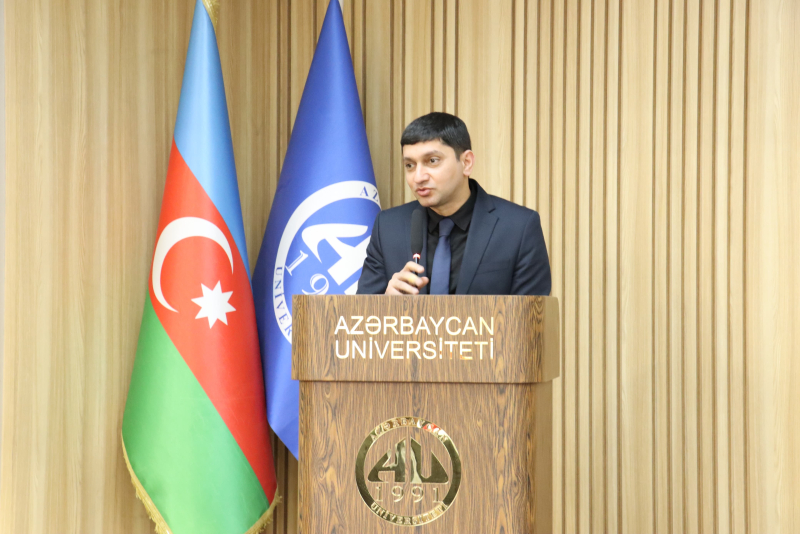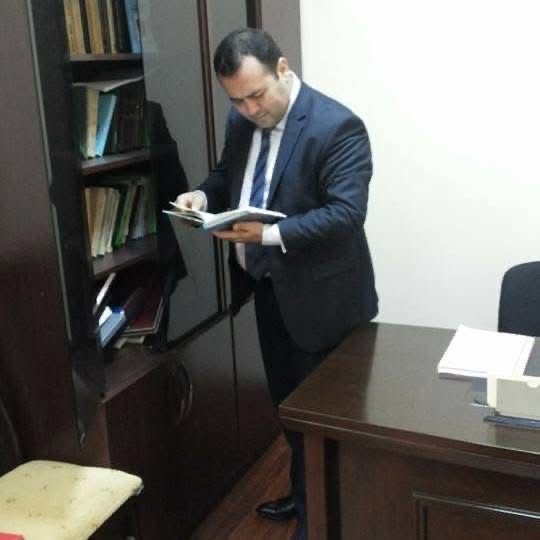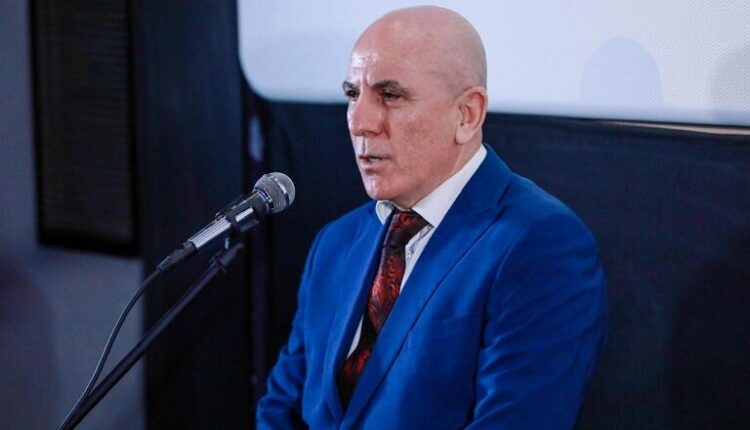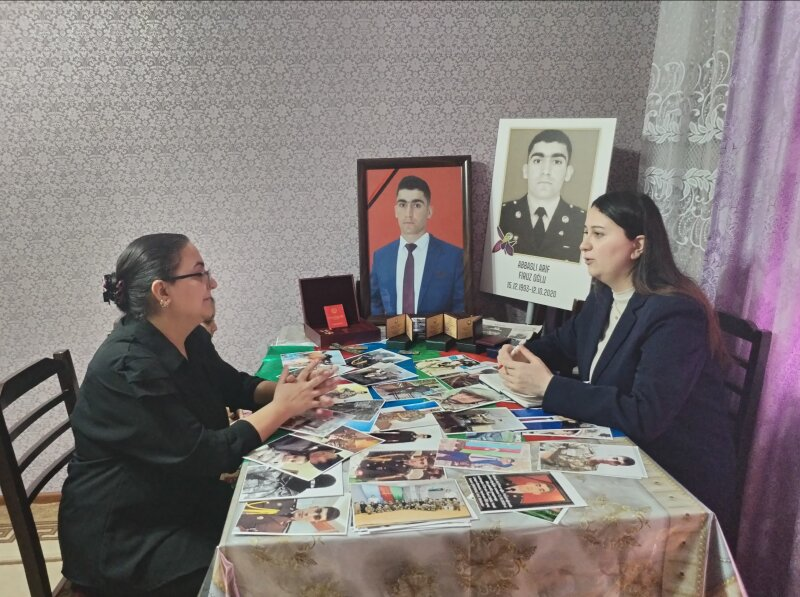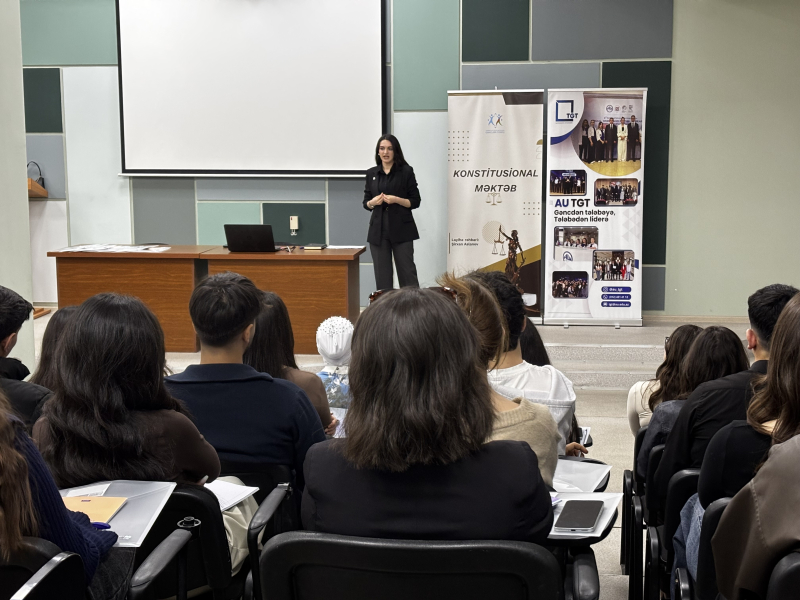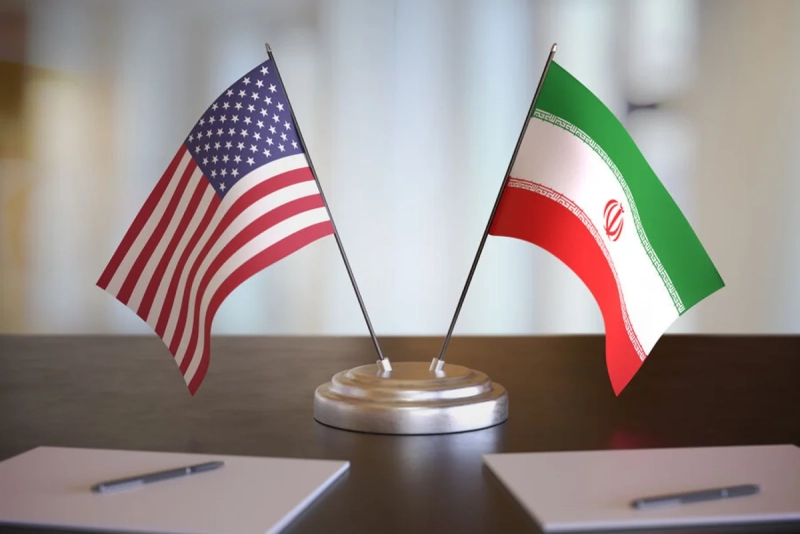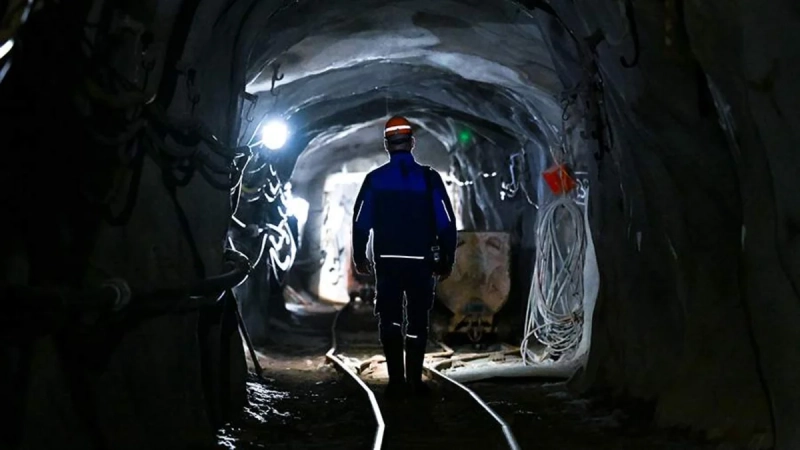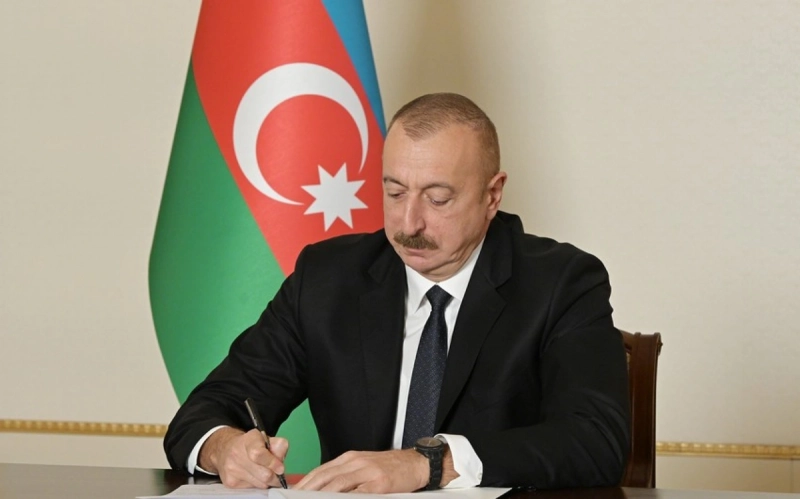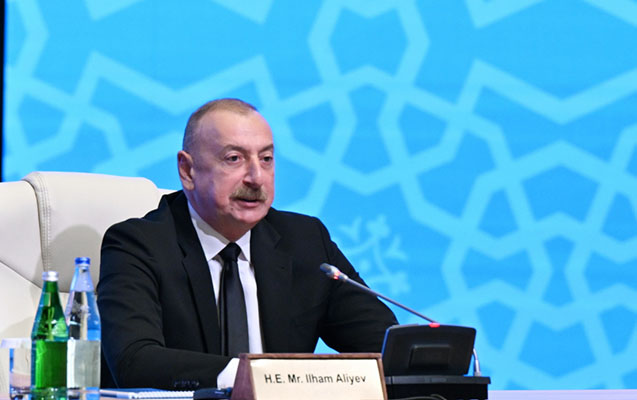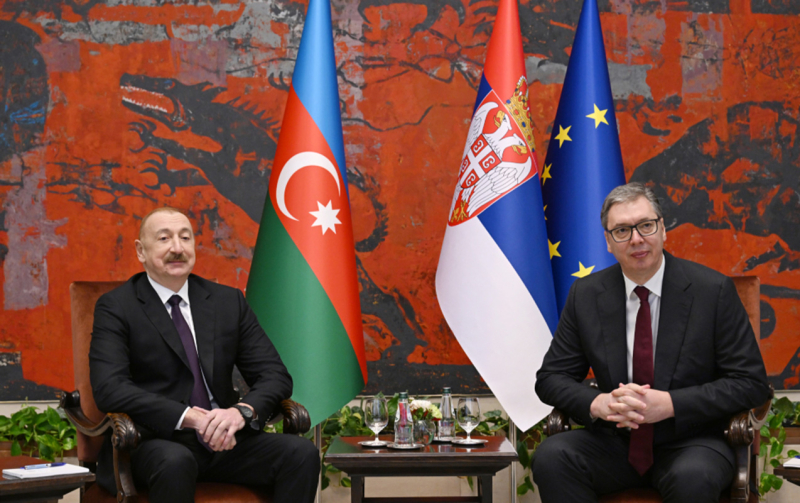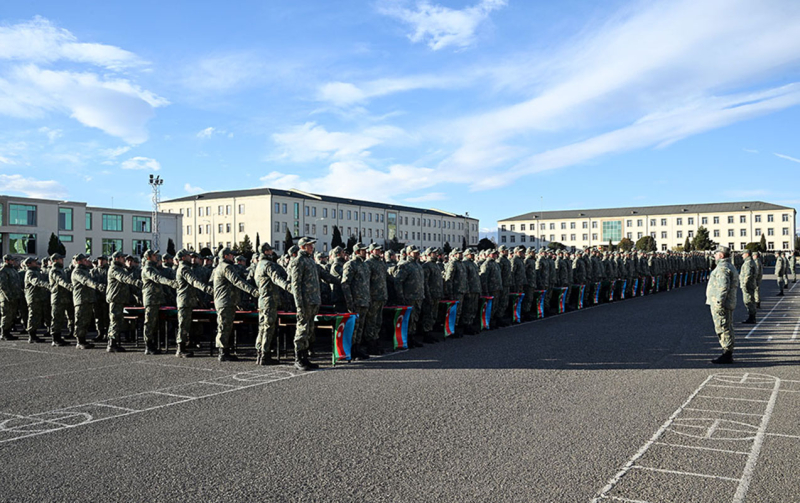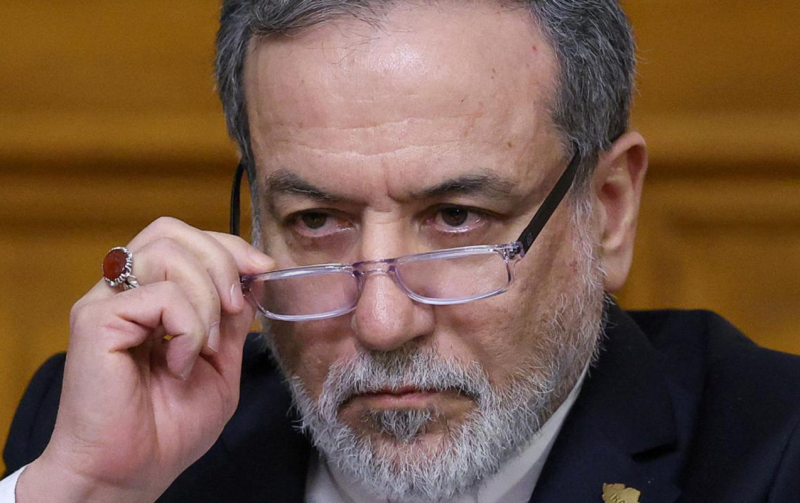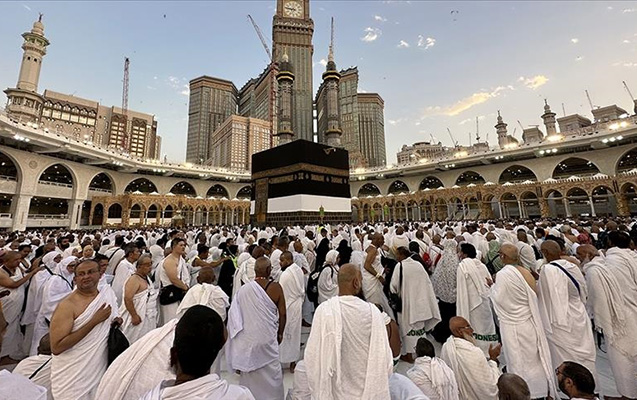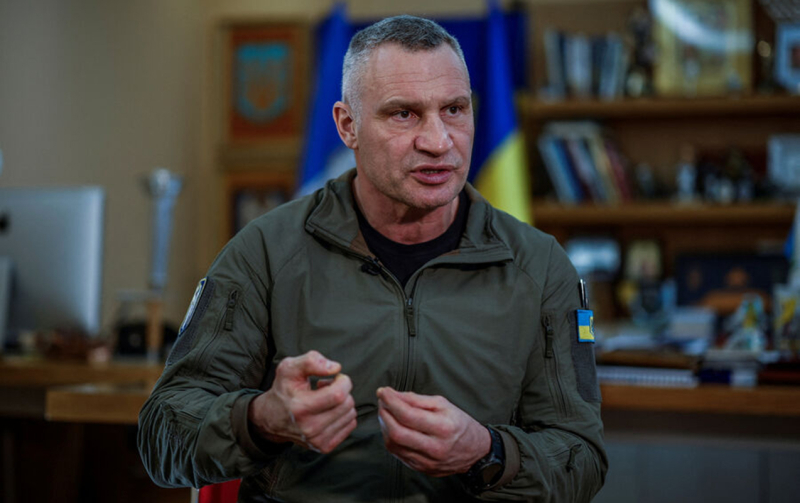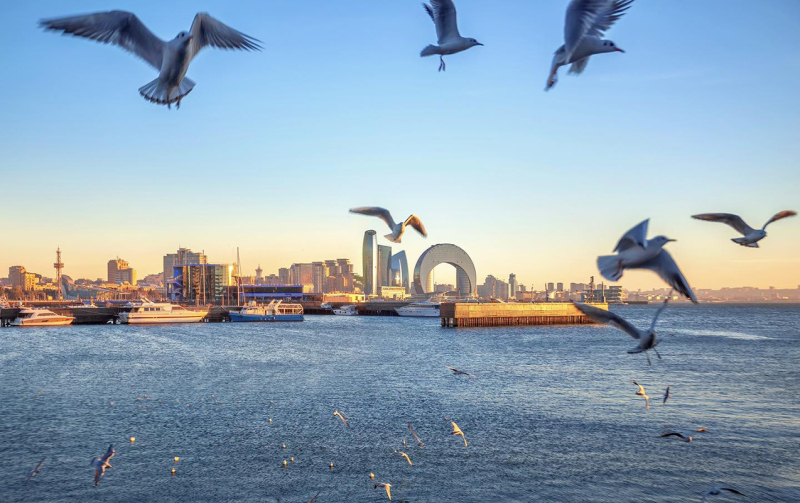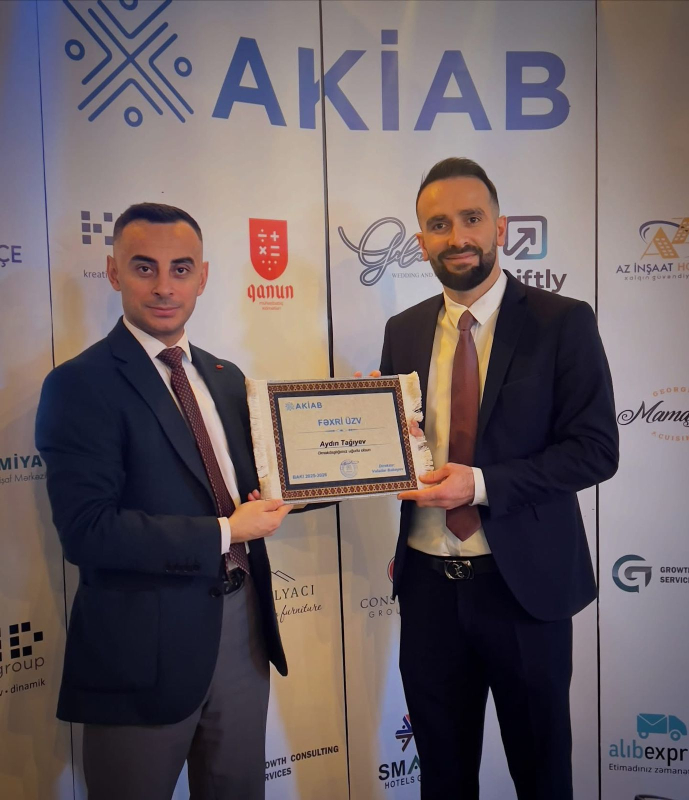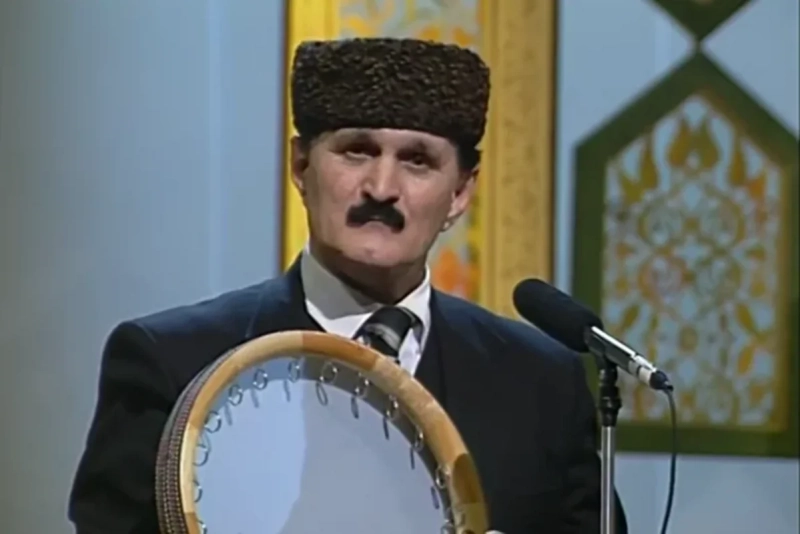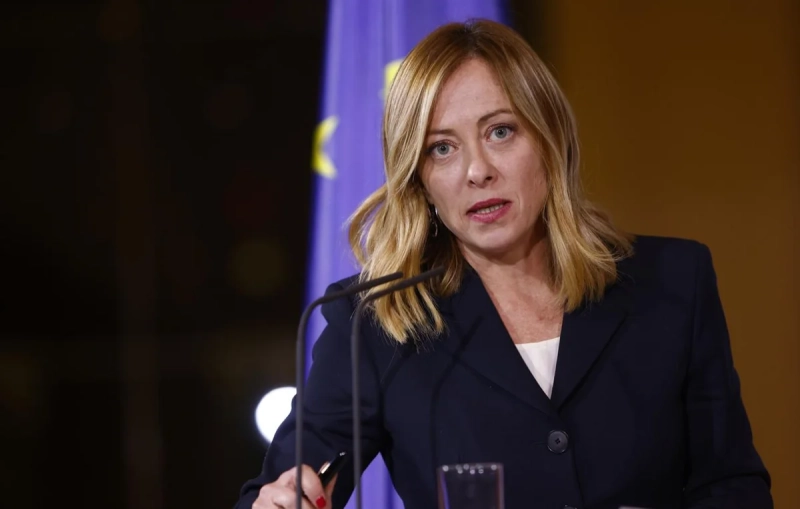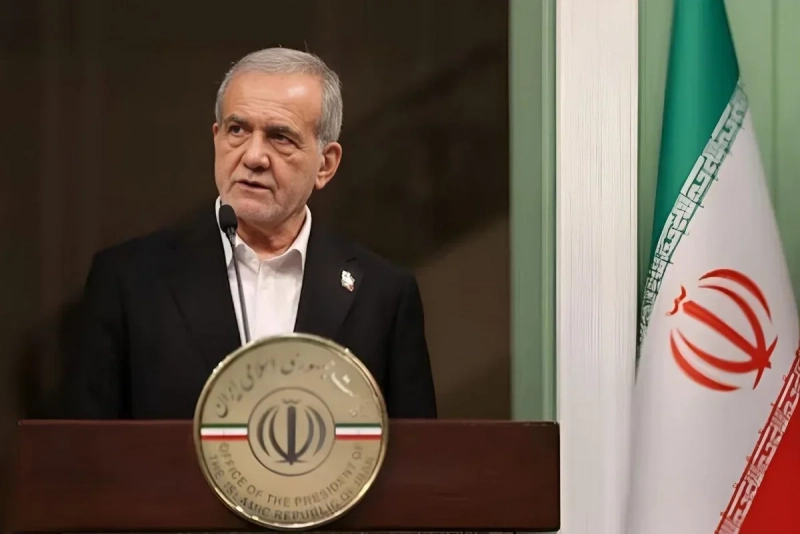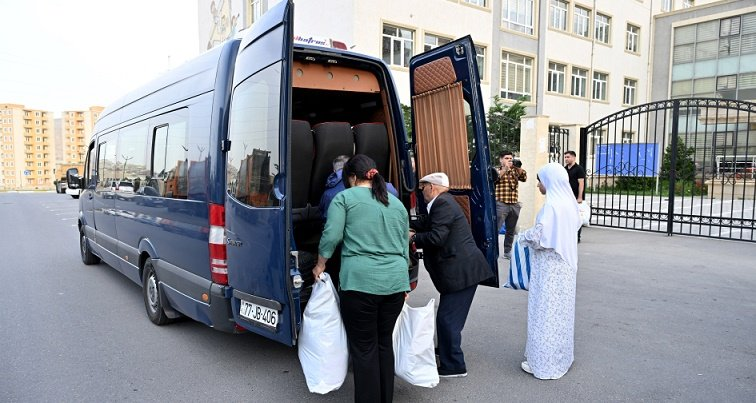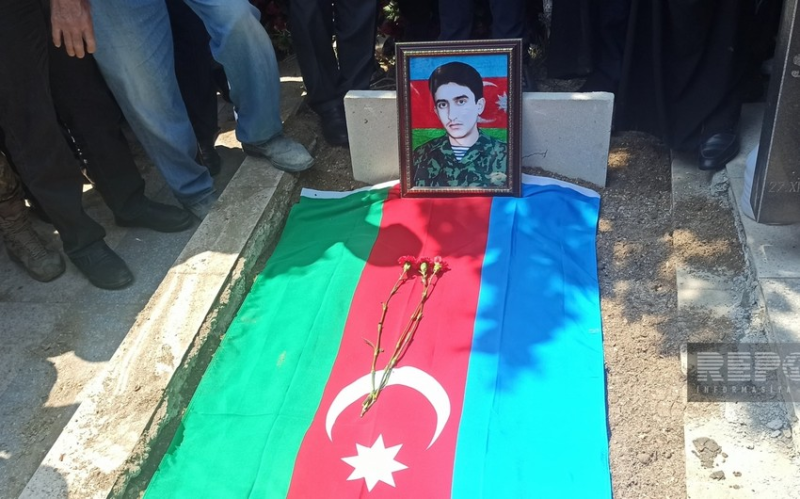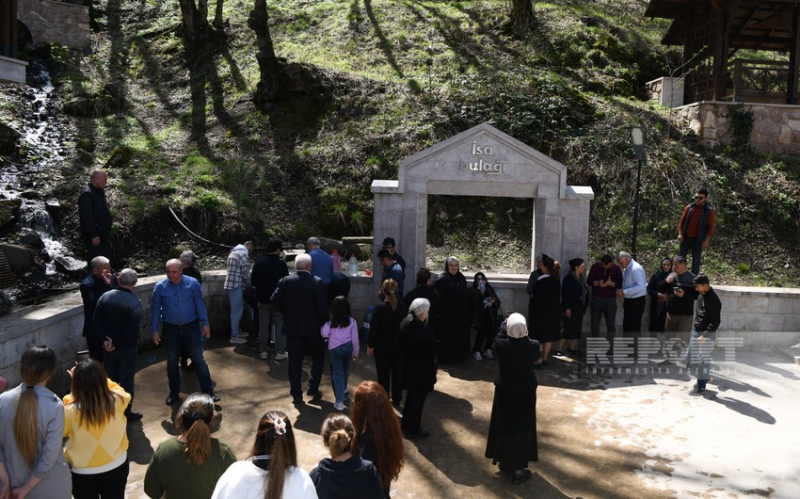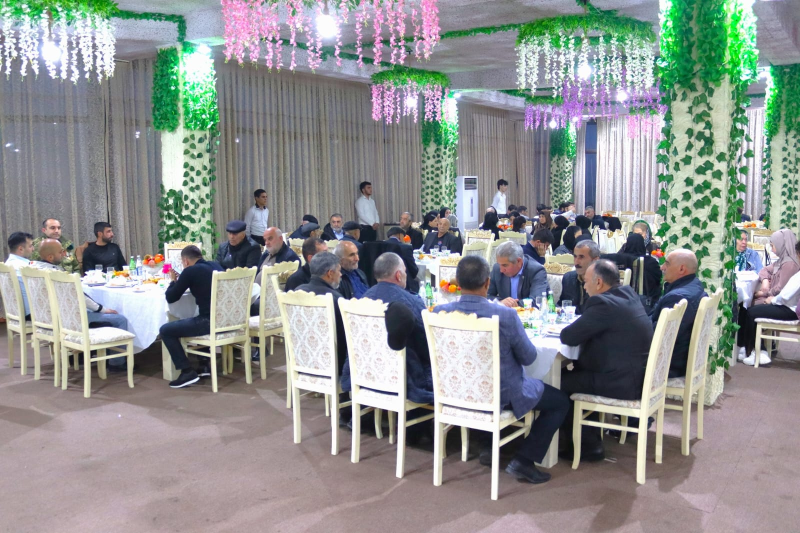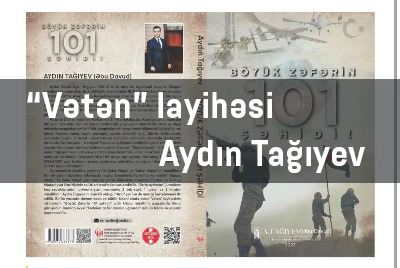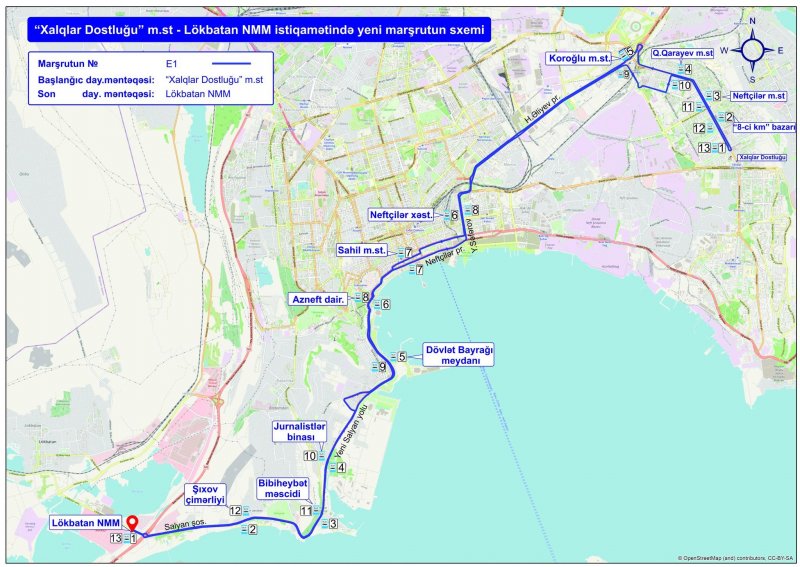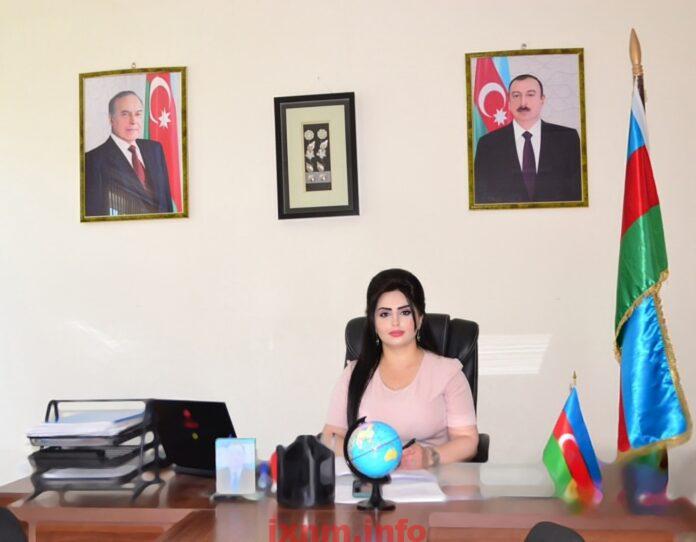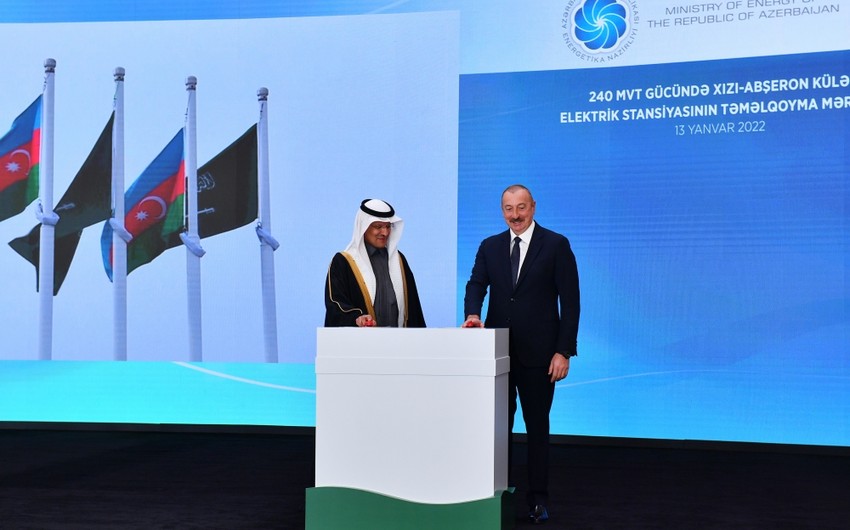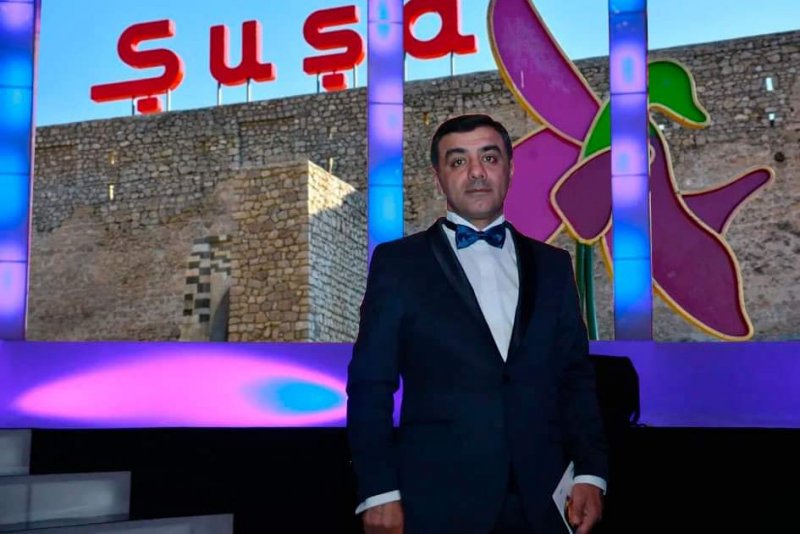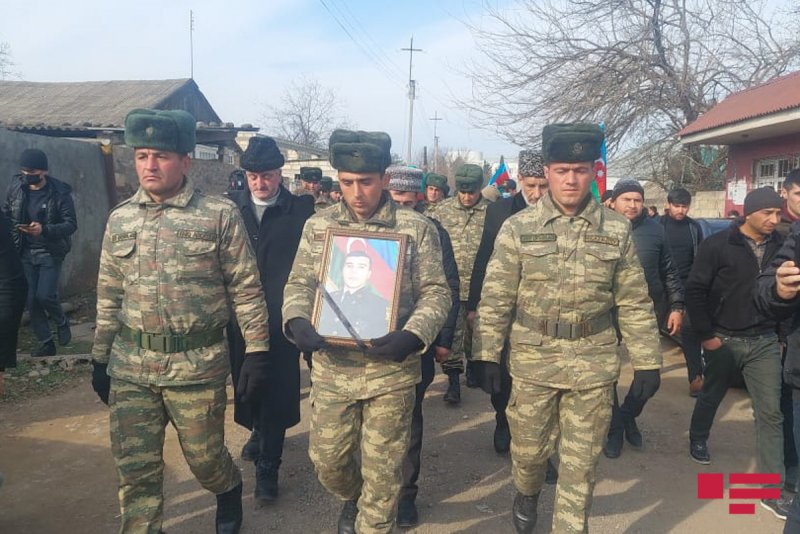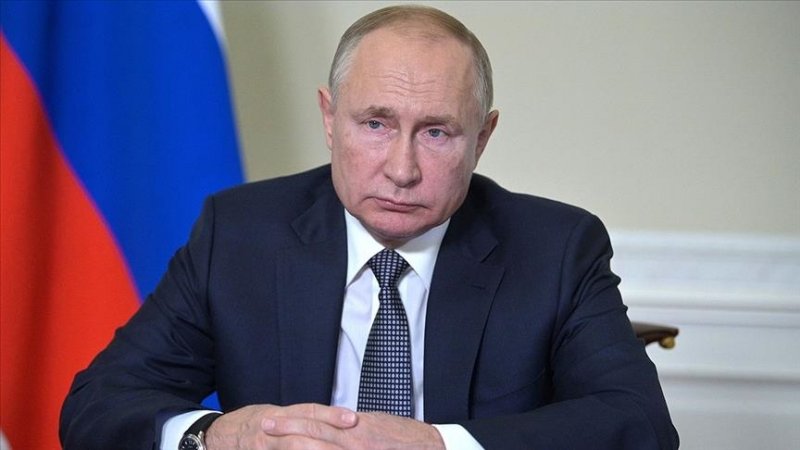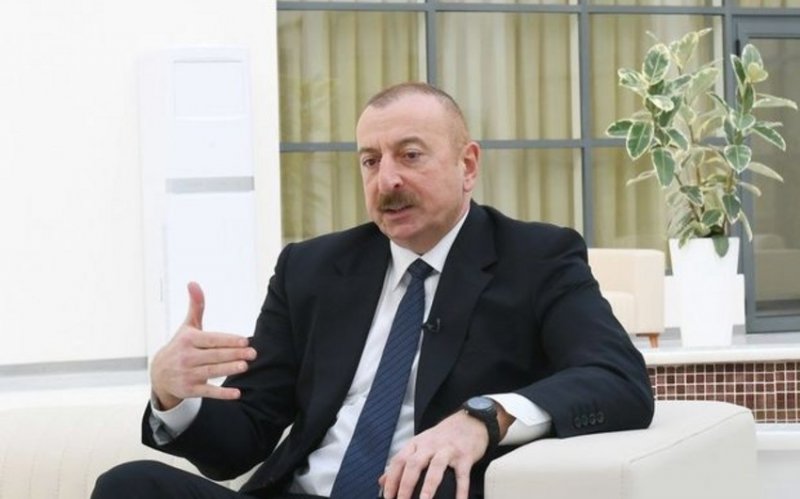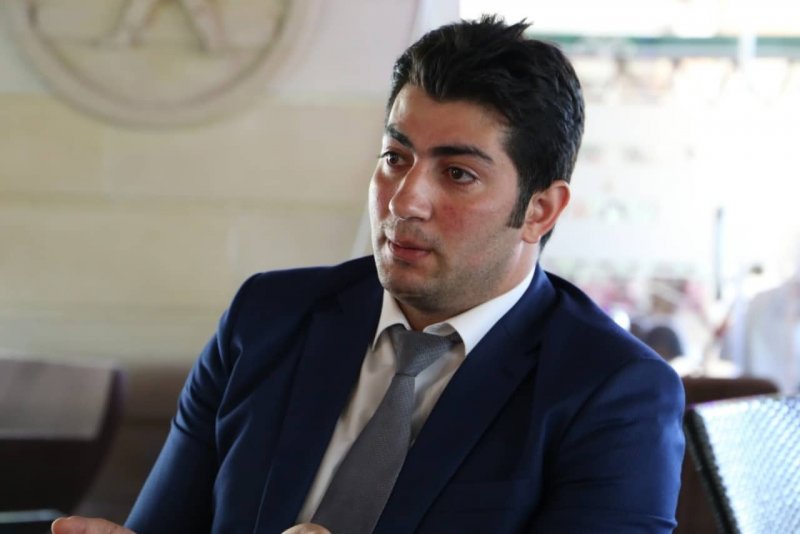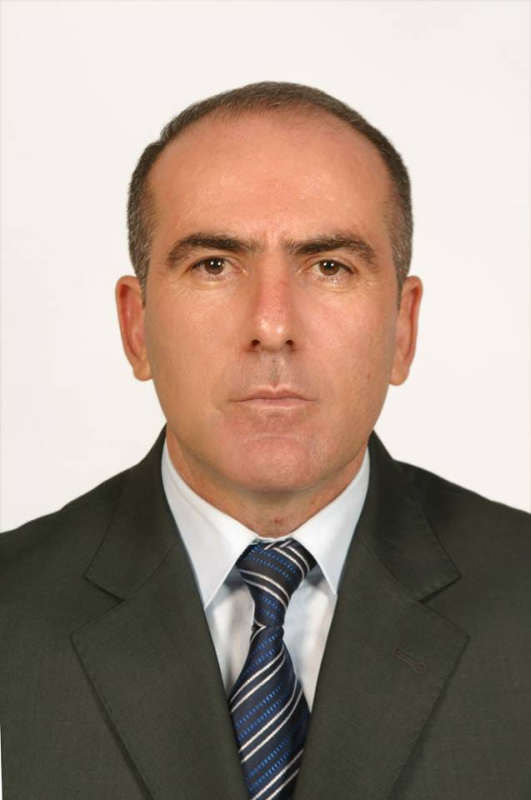
COP stands for Conference of the Parties. It is a meeting where countries that are part of the United Nations Framework Convention on Climate Change (UNFCCC) come together to discuss and negotiate how to address climate change. Each COP meeting aims to assess progress in dealing with climate change and to set new targets and agreements for reducing greenhouse gas emissions.
COP (Conference of the Parties) is an institution established in Berlin, Germany in March 1995 to make supreme decisions on the UN Framework Convention on Climate Change. The COP is the highest decision-making body of this convention, and the countries that are partners to the convention and have ratified it (currently 198 countries) are represented in the COP. The mission of the COP is to monitor the implementation of requirements and recommendations arising from the convention. These requirements are mainly to slow the pace of global warming, support the adaptation of areas affected by global warming and achieve "0" - zero emissions by 2050.
The leadership and hosting of the annual conference (COP) is chosen by a vote of 198 countries representing 5 UN regional groups (African countries, Asian countries, Latin American and Caribbean countries, Central and Eastern European countries, Western Europe and other countries).
Starting from the mid-1990s, the Kyoto Protocol was discussed within the framework of the conference, which contains mandatory legal obligations related to the limitation of greenhouse gas emissions into the atmosphere in developed countries. In 1995, Azerbaijan ratified the UN Framework Convention on Climate Change (UNFCCC). The Kyoto Protocol was adopted in Kyoto, Japan on December 11, 1997 and entered into force on February 16, 2005. The Republic of Azerbaijan joined this Protocol on July 18, 2000.
The Kyoto Protocol limits the emission of greenhouse gases into the atmosphere that cause global warming. The protocol was based on the principle of common but distinct obligations. He recognized that individual countries have different capacities to combat climate change due to economic development. But developed countries should have taken on more responsibilities as they contributed to rising levels of greenhouse gases.
All 36 countries that fully participated in the first commitment period have complied with the Protocol. However, nine countries had to resort to flexibility mechanisms by financing emission reductions in other countries because their national emissions were slightly above their targets. The financial crisis of 2007-2008 did not affect emissions. The largest emission reductions were observed in the former Eastern Bloc countries. Because the collapse of the Soviet Union reduced their emissions in the early 1990s. Global emissions increased by 32% from 1990 to 2010, although 36 developed countries have reduced their emissions.
In 2012, the first phase of meeting the requirements for reducing greenhouse gases under the Kyoto Protocol, which is an addendum to the UN Framework Convention on Climate Change, was completed. In the same year, at the 18th Conference of the Parties, the Doha Addendum to the second phase of the Kyoto Protocol was adopted.
In this regard, the High-Level Climate Summit was held in New York, United States of America on September 23, 2014 at the call of the UN Secretary-General to increase the contributions that countries can make in this field and to strengthen their capacity. In addition to the Ministry of Ecology and Natural Resources, representatives of the Ministries of Economy and Energy also participated in the Summit.
Negotiations on measures to be taken after the second commitment period, which ends in 2020, were held within the annual climate change conferences of the UN. This resulted in the adoption of the Paris Agreement in 2015, which is not an amendment to the Kyoto Protocol, but a separate document under the UNFCCC.
The Paris Agreement is a legally binding international treaty on climate change. It was adopted by 196 Parties at the UN Climate Change Conference in Paris, France, on 12 December 2015. It entered into force on 4 November 2016.
Its overarching goal is to hold “the increase in the global average temperature to well below 2°C above pre-industrial levels” and pursue efforts “to limit the temperature increase to 1.5°C above pre-industrial levels.”
The Paris Agreement provides a framework for financial, technical and capacity building support to those countries who need it:
- Finance. The Paris Agreement reaffirms that developed countries should take the lead in providing financial assistance to countries that are less endowed and more vulnerable, while for the first time also encouraging voluntary contributions by other Parties. Climate finance is needed for mitigation, because large-scale investments are required to significantly reduce emissions. Climate finance is equally important for adaptation, as significant financial resources are needed to adapt to the adverse effects and reduce the impacts of a changing climate.
- Technology. The Paris Agreement speaks of the vision of fully realizing technology development and transfer for both improving resilience to climate change and reducing GHG emissions. It establishes a technology framework to provide overarching guidance to the well-functioning Technology Mechanism. The mechanism is accelerating technology development and transfer through its policy and implementation arms.
- Capacity-Building. Not all developing countries have sufficient capacities to deal with many of the challenges brought by climate change. As a result, the Paris Agreement places great emphasis on climate-related capacity-building for developing countries and requests all developed countries to enhance support for capacity-building actions in developing countries.
Although climate change action needs to be massively increased to achieve the goals of the Paris Agreement, the years since its entry into force have already sparked low-carbon solutions and new markets. More and more countries, regions, cities and companies are establishing carbon neutrality targets. Zero-carbon solutions are becoming competitive across economic sectors representing 25% of emissions. This trend is most noticeable in the power and transport sectors and has created many new business opportunities for early movers. By 2030, zero-carbon solutions could be competitive in sectors representing over 70% of global emissions (1).
The Republic of Azerbaijan actively participates in the implementation of the United Nations Framework Convention on Climate Change, the Kyoto Protocol and the Paris Agreement.
In accordance with Article 4 of the Paris Agreement, the Republic of Azerbaijan has introduced its Nationally Determined Contributions to the UNFCCC Secretariat in October 2015 and as contribution to initiatives for preventing global climate change compared to 1990 aims to reduce greenhouse gas emissions by 35% by 2030.
In order to revitalise the territories liberated from occupation, the country’s leadership has taken a number of important decisions regarding the implementation of approaches of the “green energy” zone, “green” agriculture, “green” transport, “smart” city, “smart” village and reforestation of thousands of hectares of land. Large-scale works are being carried out in the above mentioned areas in this respect. With the expert support of international consultants, it is planned to prepare a concept of a “Net Zero Emissions” zone in the liberated territories by 2050.
The document “Azerbaijan 2030: National Priorities for Socio-Economic Development” details five national priorities that are particularly relevant to the fulfillment of obligations arising from the United Nations' “Agenda for Sustainable Development 2030”:
1. a steadily growing, competitive economy;
2. a dynamic, inclusive society based on social justice;
3. areas of modern innovations and competitive human capital;
4. the great return to the territories liberated from occupation;
5. a clean environment and country of “green growth”.
The document describes that along with the promising economic development of the country, it is necessary to ensure a healthy environment (2).
At the 28th conference, how climate change can be limited and what measures will be taken in the future were discussed. The summit held in the United Arab Emirates (UAE) lasted from November 30 to December 12. The United Arab Emirates is one of the top 10 oil producing countries in the world. Oil is a source of fossil fuel like coal. Fossil fuels are seen as the main cause of climate change as they release gases such as carbon dioxide which lead to global warming when burned.
According to the United Nations (UN) Intergovernmental Panel on Climate Change (IPCC), keeping warming to 1.5 degrees is critical to prevent the earth from being severely affected by the climate crisis.
Other goals of the conference include accelerating the transition to clean energy sources by 2030 and raising financial aid for poor countries to combat the climate crisis. 200 governments were invited to the conference.
Climate change.
At present, one of the most pressing problems in the whole world is global warming and its consequences. At the heart of the problem of global warming is the factor of temperature increase. Warming causes climate change, ecosystem disruption, extreme weather events, sea level rise due to melting ice, and loss of biodiversity. At the same time, it negatively affects human health, agriculture and food security, infrastructure, and the economy. In order to solve the problem, many international events were held and decisions were made.
There is no place on Earth today that is not adversely affected by climate change. Floods, rains, floods, strong winds and so on are increasing gradually. Azerbaijan approaches this problem globally and measures are taken at the state level. We know that big projects in the field of “green economy” and “green energy” are being implemented in Azerbaijan today.
It is necessary to accept collective commitments to eliminate the effects of global warming, reduce greenhouse gas emissions, adapt to the changes that are occurring and strengthen resilience in the face of an uncertain future. The consequences of global warming are not an abstract concept. These are clear violations and call us to act decisively in the protection of our shared world. Azerbaijan has always worked for the development of the South Caucasus. Today, the fact that our country is hosting many international events and leading the region to progress is a proof of this. Holding the 29th session of the Conference of the Parties to the UN Framework Convention on Climate Change – COP29 in Azerbaijan is one of the next achievements of our country.
Azerbaijan joined international efforts to mitigate the negative effects of global climate change by ratifying the UN Framework Convention on Climate Change in 1995, the Kyoto Protocol of the Convention in 2000, and the Paris Agreement in 2017. Also, to fulfill the obligations accepted by the Republic of Azerbaijan in accordance with the United Nations Framework Convention on Climate Change, approved by the Republic of Azerbaijan on January 10, 1995, to prepare and implement comprehensive measures to prevent the negative impact of climate change on the country's economy and the health of its population. The State Commission was established by the Decree of the President of the Republic of Azerbaijan dated April 30, 1997 in order to ensure.
Although Azerbaijan’s share in global emissions is only 0.15%, in order to contribute to global efforts in the fight against climate change, it has set a goal of reducing the level of greenhouse gas emissions by 35% compared to 1990 by 2030. The document “Azerbaijan 2030: National Priorities for socio-economic development” was approved by the President of the Republic of Azerbaijan. The task of providing a high-quality environment that responds to global climate changes and will ensure the population’s life in a healthy environment has been set.
In Azerbaijan, 2024 was declared the “Green world solidarity year”. It is clear from the decree signed by the President of the Republic of Azerbaijan Ilham Aliyev that in 2024, numerous measures will be implemented in Azerbaijan in this direction. Azerbaijan insists on establishing peace in the region and around the world and protecting the ecological balance of our planet. This document is a road map and declares which line Azerbaijan will take in the next 20 years both in the direction of ecology and environmental protection, and in the regulation of international relations. It is also reflected in the order that a schedule of actions should be prepared within a month. COP29, as well as numerous events in the field of ecology, environmental protection, sustainable development, combating climate changes and adaptation to climate changes will be held.
Although our country is rich in oil and gas, it pays special attention to development in the field of “green energy”. Ecologist Chingiz Ismayilov says that Azerbaijan has been paying special attention to the development of alternative energy in recent years. More efficient use of alternative energy sources in the economic development of Azerbaijan, in the field of energy, is also a direction. Already, the export of electricity constitutes an important part of the foreign currency income of Azerbaijan. This is important for Azerbaijan in terms of both economic development and more efficient use of traditional hydrocarbon resources. At the same time, it is very important for our country to fulfill Azerbaijan’s obligations related to climate change, to deepen cooperation with European countries in the field of reducing carbon dioxide emissions into the atmosphere.
Our country has applied approaches such as “green” energy zone, “green” agriculture, “green” transport, “smart” cities, and “smart” villages for the revival of regions, mainly in the territories freed from occupation. Thousands of hectares of forests have been restored. The document “Carbon Neutrality Concept for Occupied Territories” was prepared. Implementation of the concepts of “smart city”, “smart village” and “Green Energy Zone” with the application of modern technologies has made it possible to achieve goals such as mitigating the effects of climate change by contributing to the sustainable development of these areas.
The chairmanship of the COP goes to the countries of the 5 UN regions - Africa, Asia, Latin America, the Caribbean and Europe (Central, Eastern, Western and others) on a rotational basis. Also, there is rotation of the chairmanship among the countries of the group in these regions. The decision on Azerbaijan's chairmanship of the organization was made on the basis of the unanimous opinion of the countries of the Eastern European Group. It should be noted that along with Azerbaijan, Armenia and Bulgaria also put forward their candidacy for hosting COP29. As a result of direct negotiations between the Administration of the President of the Republic of Azerbaijan and the Office of the Prime Minister of Armenia, a joint statement issued on December 7 last year announced that Armenia withdrew its candidacy in favor of Azerbaijan. After that, Bulgaria also took the same step regarding its candidacy.
President of the Republic of Azerbaijan Ilham Aliyev has chaired a meeting regarding the holding of the 29th Conference of the Parties to the UN Framework Convention on Climate Change – COP29 in the country next year. The head of state made a speech at the meeting. Speech by President Ilham Aliyev:
“A few days ago, our country achieved another significant milestone – the COP29 International Conference will be held in Baku, Azerbaijan. This decision was adopted by all the countries of the world a few days ago. Thus, enormous confidence and profound respect have once again been shown for Azerbaijan. We totally deserve that. As a result of our policy, we have secured robust positions on the global scale. Esteem for Azerbaijan in the international arena is growing by the day, and we have earned this respect with our actions, work and policies. Our independent policy, our principled position, our compliance with and commitment to international law and, at the same time, the restoration of sovereignty across our country’s territory have further boosted respect for us.
The significance of this event extends to the fact that the decision was reached two and a half months subsequent to the anti-terror operation. Consequently, the global community has reiterated its support for Azerbaijan. It is imperative to underscore that the choice to host the COP29 conference in Baku has been unanimously approved by every member of the international community. This underscores a collective and unified stance once more.
Indeed, certain Western countries made baseless allegations against Azerbaijan after the anti-terror operation. Those accusations against us have no basis whatsoever. Because Azerbaijan has once again secured the supremacy of international law by conducting the anti-terror operation against separatists and occupiers in our sovereign territory. At the same time, we have restored our sovereignty by observing all humanitarian norms. Certain Western countries, traditionally including France, of course, are not going to put up with that. However, the international community already sees that even Armenia has come to terms with this situation, and the decision to hold the COP29 conference in Azerbaijan is further evidence of that. But some political leaders of France are trying to be more Armenian than the Armenians themselves. However, they will also have to come to terms with this situation.
Furthermore, the perception of the international community and global unity is at times misconstrued in Western contexts. It is crucial to clarify that the international community encompasses all nations worldwide, rather than a limited subset of 30-40 countries. The unanimous and extensive backing for Azerbaijan is a testament to this global solidarity. This endorsement is not an isolated incident; Azerbaijan has effectively led the Non-Aligned Movement for four years, with the support of 120 countries. The extension of our chairmanship by another year serves as a significant indicator. The backing of 120 nations is a remarkable demonstration of support for Azerbaijan, and this widespread international support has been reiterated on this occasion by all countries across the globe.
Of course, the hosting of large-scale international events places a great responsibility on us. However, we have already hosted a number of major international events so far. In fact, we have hosted the International Astronautical Congress with great success this year. Everyone knows that this prestigious international event has been held in Baku for the second time. This event was first held in Baku, the capital of Soviet Azerbaijan, 50 years ago, and this year it was held in Baku, the capital of independent Azerbaijan, again. Surely, COP29 does not compare with any of the events held so far – even if we recall the European Games when 5,000 athletes and about 3,000 guests accompanying them visited Azerbaijan. This time, tens of thousands of foreign visitors will travel to our country for COP29, and Baku will become the center of the world for two weeks. According to some estimates, about 70,000-80,000 foreign visitors will come to our country during this period (3).
15 December 2023
A green economy is defined as low carbon, resource efficient and socially inclusive. In a green economy, growth in employment and income are driven by public and private investment into such economic activities, infrastructure and assets that allow reduced carbon emissions and pollution, enhanced energy and resource efficiency, and prevention of the loss of biodiversity and ecosystem services.
The three main areas for the current work on Green Economy are:
- Advocacy of macro-economic approach to sustainable economic growth through regional, sub-regional and national fora;
- Demonstration of Green Economy approaches with a central focus on access to green finance, technology and investments;
- Support to countries in terms of development and mainstreaming of macro-economic policies to support the transition to a Green Economy (4).
Within the framework of the Action Plan for the creation of a “green energy” zone in the liberated territories of the Republic of Azerbaijan in 2022-2026, Azerbaijan aimed to create “green energy” zones in the liberated regions of Karabakh and Eastern Zangezur. The minimum potential of solar and wind energy in these regions is 9200 megawatts. Since 2021, 170 megawatt hydroelectric stations have already been commissioned. It is no coincidence that the companies “Masdar” of the United Arab Emirates, “ACWA Power” of the Kingdom of Saudi Arabia, and “Gezhouba Group” of China show great interest in investing in green energy projects in the territories liberated from occupation.
The “Great Return” process was started with the implementation of the first “Smart Village” project in Zangilan. Application of modern urban planning standards such as “smart” street lighting, construction of warm and cold-resistant ecological houses, installation of solar panels in the village will constitute a successful example for urban planning and planning works to be carried out in other regions of Azerbaijan in the future. The process in Karabakh will gradually begin to manifest itself on a national scale, and we will observe the intensification of green infrastructure construction in other regions as well. For the first time in the world, Azerbaijan is conducting the restoration of territories freed from occupation on a green basis in its total form. In other words, it is possible to say that our country took the lead in this field and created a successful “Azerbaijani case”.
Our state is fully ready for the 29th session of the Conference of the Parties to the UN Framework Convention on Climate Change - COP29, which will be hosted in 2024. There are enough "green energy" projects in Azerbaijan. Undoubtedly, Azerbaijan's hosting of COP29 will greatly contribute to the development of "green energy" and environmental protection. As a result of global efforts and a determined strategy, humanity will come out of this crisis and take steps towards a green world.
Although Azerbaijan lived through a complex historical period at the end of the last century, it was recognized in the world as a country that confidently traversed the path of great evolution in its socio-economic and cultural life and ensured a stable, safe and modern standard of living. At the end of 2023, Azerbaijan's strategic currency reserves amounted to 68.5 billion dollars. The last 20 years have entered the modern history of Azerbaijan as a turning point in its economic, social, political and cultural development. As a result of successfully implemented reforms during this period, Azerbaijan was recognized as the world's most dynamically developing economy and presented its unique economic development model.
References
- https://unfccc.int/process-and-meetings/the-paris-agreement
- https://unfccc.int/sites/default/files/NDC/2022-06/INDC%20Azerbaijan.pdf
- https://president.az/en/articles/view/62562
- https://www.unep.org/regions/asia-and-pacific/regional-initiatives/supporting-resource-efficiency/green-economy
Assoc. Prof. Dr. Murteza HASANOĞLU
Mətndə səhv varsa, onu qeyd edib ctrl + enter düyməsini basaraq bizə göndərin
 LIVE
LIVE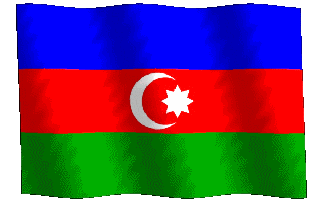 AZ
AZ TR
TR RU
RU EN
EN

 FOTO
FOTO VIDEO
VIDEO 